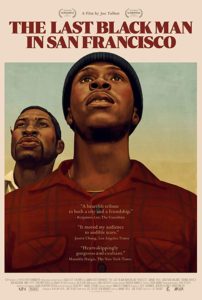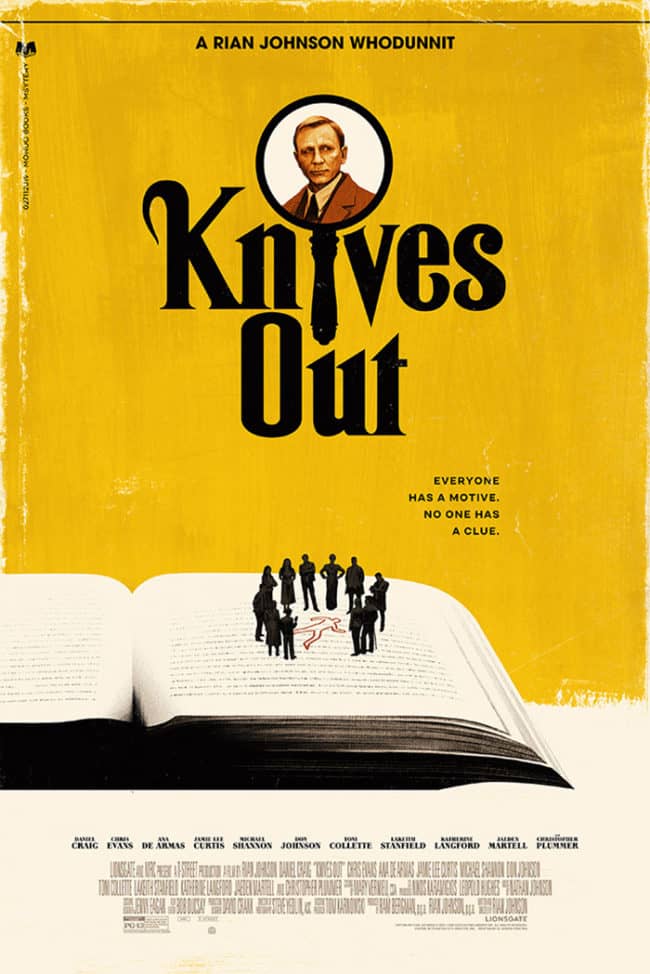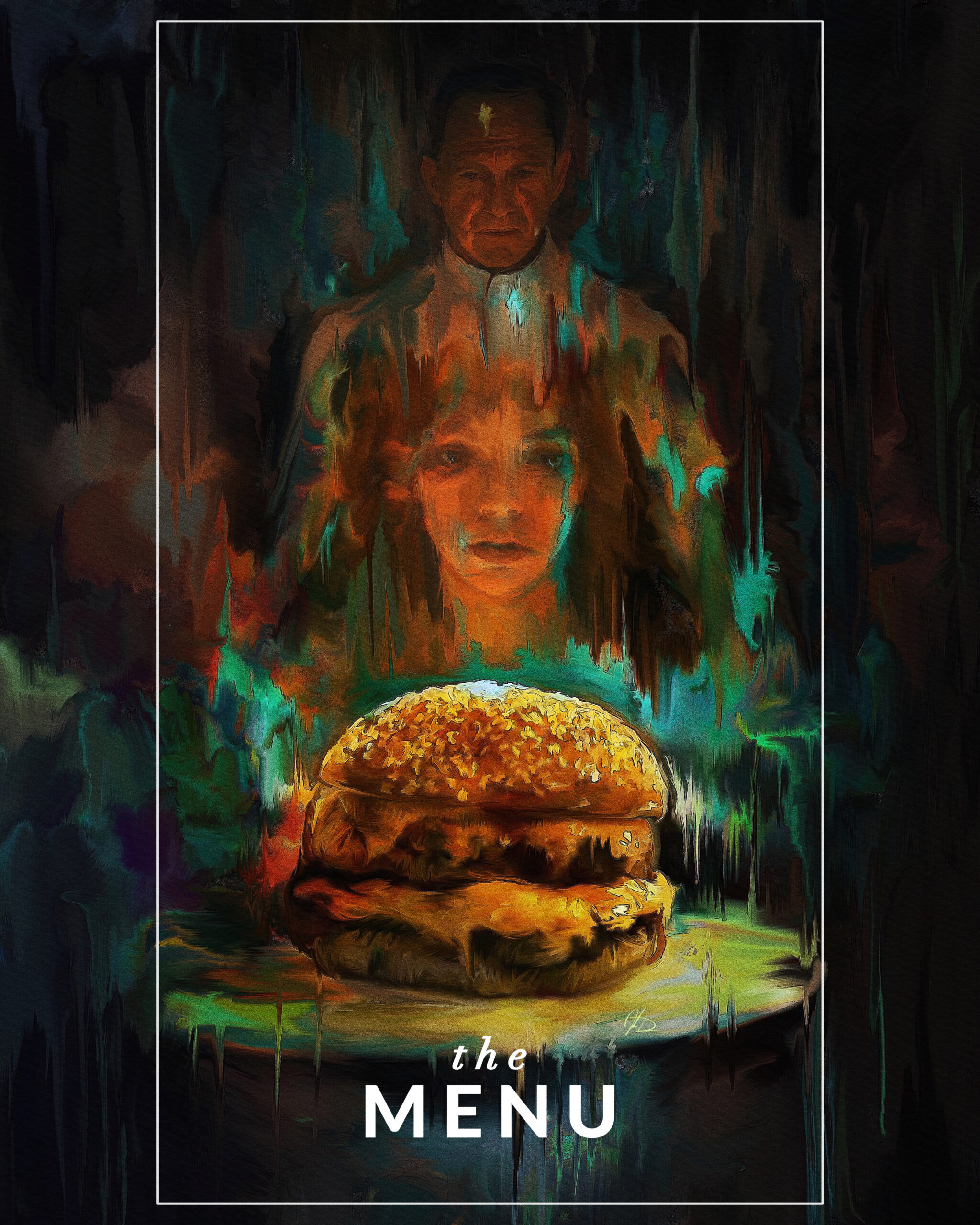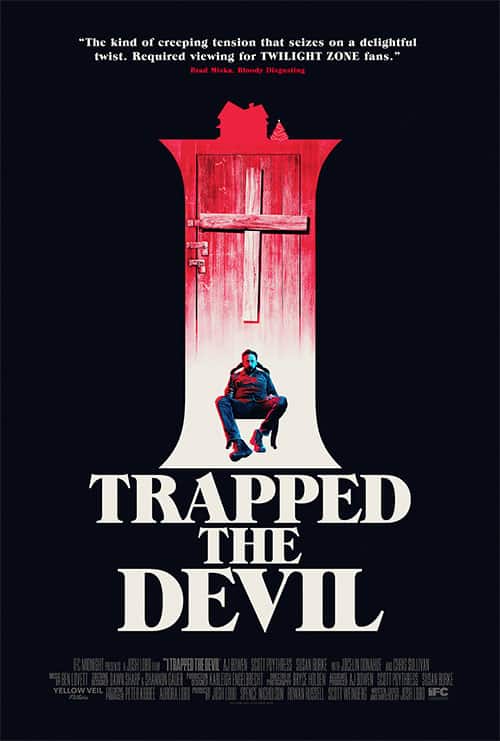A Chorus of Jazz Scores Lead the Month
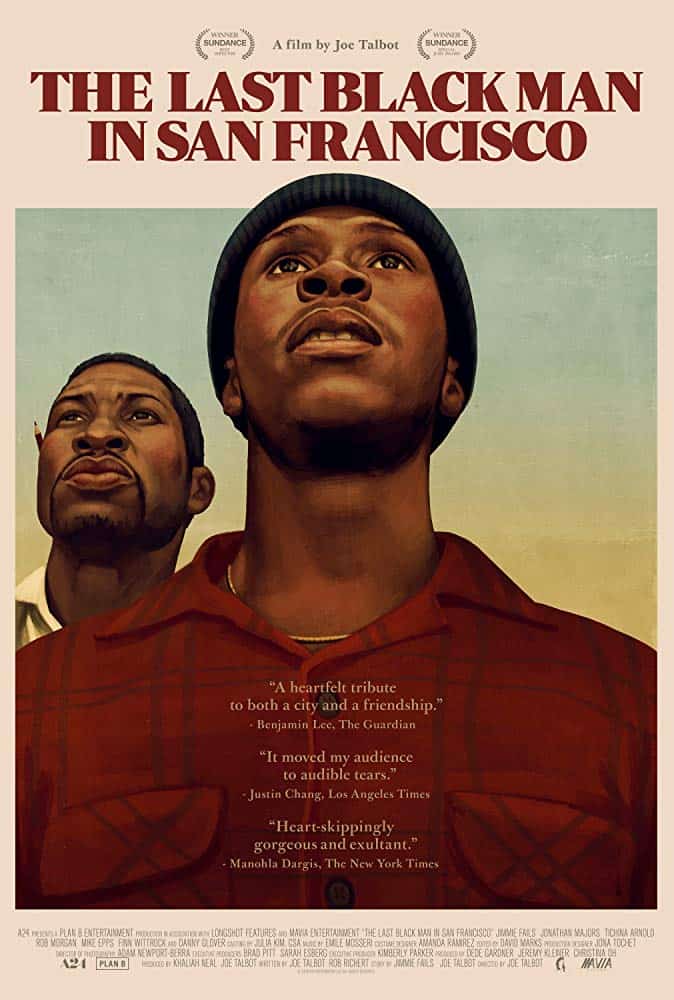
For The Last Black Man in San Francisco, Emile Mosseri has composed one of the best scores of the year. It is a heartfelt and longing grandiose composition driven by the softer side of jazz. The highlight is the soulful rendition of “San Francisco (Be Sure to Wear Flowers in Your Hair)” with beautiful vocals by Mike Marshall and a haunting tuba accompaniment by Daniel Herskedal.
The Preservation Jazz Hall Band provided the score to the documentary A Tuba to Cuba, chronicling the exploration of their musical roots from New Orleans to Cuba. Not surprisingly, the band conjures together a warm, swinging jazz concoction teaming with southern and Caribbean influences, making the listener a stowaway on the band’s tropical odyssey, a vacation one hopes would never end.
Johan Back Monell’s score for The Professional: A Stevie Blatz Story drips with uncontrollably energetic jazz and ragtime pieces to match the eccentricity of the documentary’s focus: a local celebrity in eastern Pennsylvania. Despite the film’s apparent wackiness, Monell gracefully dives into emotional lows to balance the tone.
Scores of Droning Synth, Foreboding Industrial, and Lovelorn Indie-Pop Show the Variety of Film Music
XY Chelsea, by Jehnny Beth and Johnny Hostile, at times feels like a long-lost deep cut of Nine Inch Nails’ mid-career. Slow, dark piano interlaced with grating industrial noise creates a crushing hopelessness that is both discomforting and fitting for a chronicle of Chelsea Manning.
Sqürl’s score for The Dead Don’t Die is the film’s clear highlight. Droning, meandering synth creates an eerie environment to accompany the slow degradation of humanity into a world of the hyper-consumptive undead. A crooning country theme song by Sturgill Simpson hedges against any horror leanings and adds to the film’s meta comedy.
Edwyn Collins and Sean Read make the fascinating choice of an original indie rock/synth pop inspired score for Sometimes Always Never. Using Collins’ extensive history in the indie and post-punk scene, the duo composed several infectiously catchy romantic pop singles for the film whose motifs then repeat throughout.
Steven Price’s Ophelia makes one wonder why the Academy Award winning composer isn’t more prolific. Price mixes medieval western European court music with ambient atmospherics and recurring ethereal female vocals, floating atop dreamlike symphonics. The mixture of old and new solidifies the modern take on Hamlet, while the female vocals reinforce the transformation of Ophelia into the lead.
